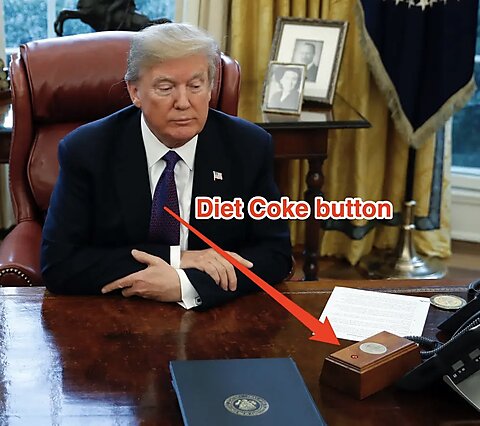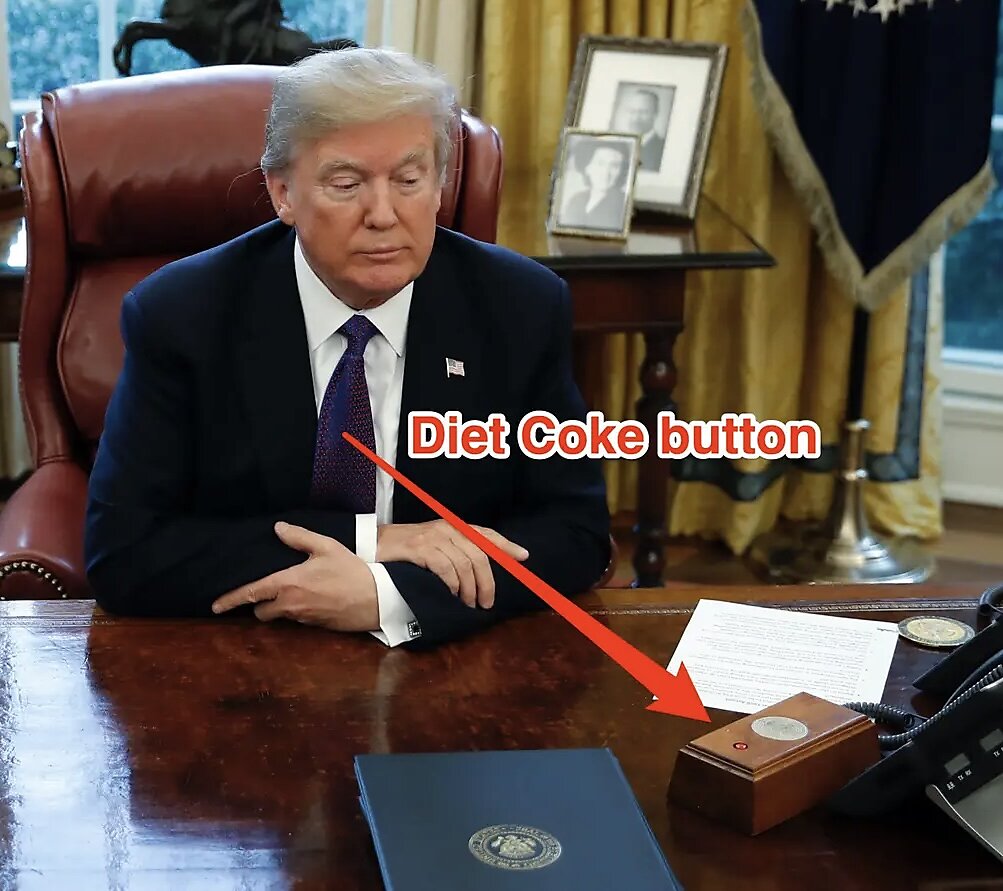For four months, President Trump has treated the 1977 International Emergency Economic Powers Act (IEEPA) as his personal, Oval Office “tariff button”—allowing him to launch trade wars as easily as ordering a Diet Coke. Last week, in V.O.S. Selections, Inc. v. U.S., the US Court of International Trade ordered the president to cut it out: “The court does not read IEEPA to confer such unbounded authority and sets aside the challenged tariffs.”
“Unbounded” is right: the Trump administration’s IEEPA power grab transforms a foreign-policy sanctions statute into an all-purpose trade-war weapon. No other president has ever used the law for across-the-board tariffs on allies and major trading partners. Yet in a series of executive orders starting in February, Trump has invoked IEEPA to hike duties on Mexico, Canada, and China, for failure to stem fentanyl trafficking, then to impose new tariffs worldwide—declaring the long-standing US trade deficit a “national emergency.”
Trump has since issued threats and reprieves with head-spinning rapidity: On Truth Social, the Friday before the CIT ruling, Trump demanded that Apple move iPhone production to the United States— a notion that was funnier the first time around as a Dave Chappelle bit. An hour later, he threatened 50 percent tariffs on European Union imports. By Monday, it was “never mind”: he’d granted a six-week pause.
On Thursday, with the V.O.S. ruling temporarily stayed, the president blew up at a CNBC reporter for questioning his climbdown. She referenced an acronym making the rounds on Wall Street: “TACO,” for “Trump Always Chickens Out” on tariff threats: “Don’t ever say what you said,” the president shot back: “That’s a nasty question.” “I don’t think Trump can back down now, mainly because of this TACO theme,” a Trump ally told Politico: “He’s clearly super irritated by it, and it’s like a challenge to his very manhood now.”
It’s surreal to think somebody might provoke a global trade crisis by whispering “bawk bawk” at a thin-skinned 78-year-old man, but here we are. And as long as we’re here, maybe it’s a bad idea to bait him?
In a Truth Social post later that evening, Trump fumed that the V.O.S. court’s “horrific decision stated that I would have to get the approval of Congress for these Tariffs.” Imagine!
Actually, that’s how it’s supposed to work: as the V.O.S. court pointed out, the Constitution gives Congress—not the president—“the exclusive powers to ‘lay and collect Taxes, Duties, Imposts and Excises,’ and to ‘regulate Commerce with foreign Nations.’”
True, Congress has spent decades delegating much of that power away, but never in the sweeping form Trump now claims under IEEPA. Every other statutory trade tool imposes at least some procedural hurdles before new duties can go into effect. Section 232 of the Trade Expansion Act of 1962, and Section 201 and Section 301 of the Trade Act of 1974 “each require a different executive agency to conduct an investigation and make findings before the executive branch may impose tariffs.” The “national security” tariffs on steel and aluminum in Trump’s first term took 11 months to come online. Under Trump’s push-button warfare gloss on IEEPA, the president can force instantaneous swings in trade policy, making it impossible for US businesses to plan. That alone should raise doubts about whether Congress ever meant to cede such broad authority.
On Thursday, a second federal court held the IEEPA tariffs unlawful. In Learning Resources, Inc. v. Trump, DC federal district court Judge Rudolph Contreras ruled that the statutory grant of power to “‘regulate … importation,” as used in IEEPA, does not encompass the power to [impose] tariff[s]” at all.
In V.O.S. Selections, the Court of International Trade struck the tariffs on somewhat narrower grounds. It held that the “Trafficking Tariffs” imposed on Mexico, Canada, and China in response to the fentanyl-related “emergency” went beyond IEEPA’s statutory grant of power to “deal with an unusual and extraordinary [foreign] threat.” “If ‘deal with’ can mean ‘impose a burden until someone else deals with,’ then everything is permitted,” the court reasoned. The broader set of tariffs justified under a trade-deficit “emergency” likewise “lack any identifiable limits.” Reading the statute as the president does would run afoul of the nondelegation doctrine (Congress cannot transfer legislative authority to the executive without an “intelligible principle” to cabin his discretion) and the “Major Questions Doctrine” (a claimed power to decide questions of “vast economic or political significance” needs clear statutory authorization). As the V.O.S. court explained:
Regardless of whether the court views the President’s actions through the nondelegation doctrine, through the major questions doctrine, or simply with separation of powers in mind, any interpretation of IEEPA that delegates unlimited tariff authority is unconstitutional.
I doubt there are five votes on the Supreme Court for reviving the nondelegation doctrine in a trade case. But if the Court is serious about the Major Questions Doctrine, it should clarify that it applies to the president and it applies here. The power to rewrite tariff schedules at will is one of “vast economic or political significance,” if anything is.
Ideally, Congress itself would reclaim its constitutional authority here. In theory, that’s easy enough to do: pass a framework statute requiring congressional approval for presidentially imposed trade restrictions, as my colleagues Clark Packard and Scott Lincicome proposed last year.
But in practice, unless Congress can muster a veto-proof supermajority for the law, it has to get past the president. Good luck getting Donald Trump to sign a law that spoils his trade-war fun.
With the First Branch sidelined, the courts are, for now, the main line of defense against Trump’s trade-power grab. So far they’re doing their job.
One-man control of international trade is a feature of authoritarian regimes. If Trump’s IEEPA gambit is successful, he’ll join Xi Jingping and Vladimir Putin as one of the few men in the world who can get up on the wrong side of the bed and launch new trade wars via executive fiat. No other Western democracy allows such a thing. Why should we?

